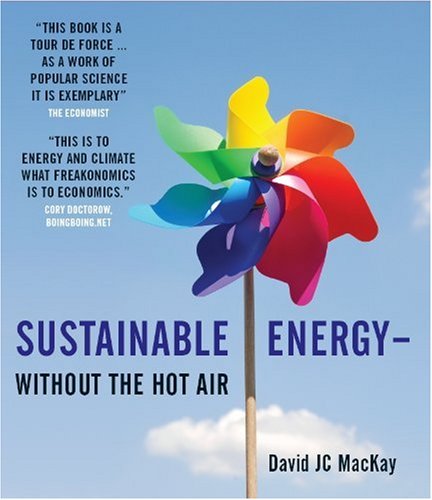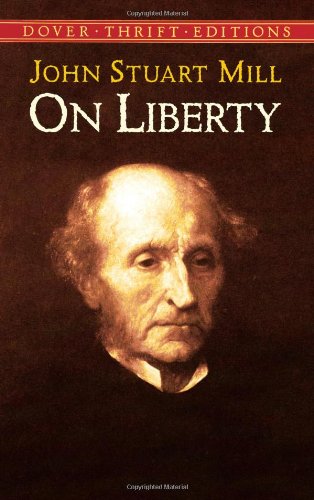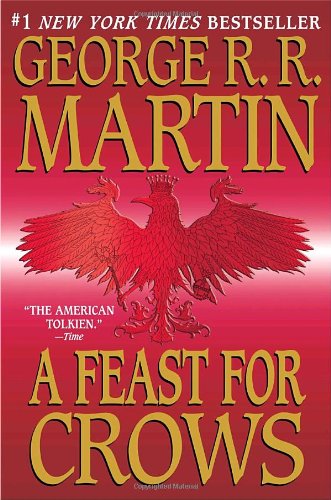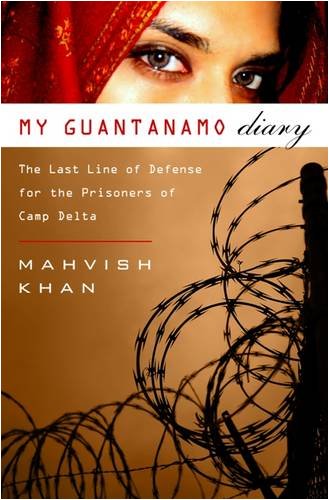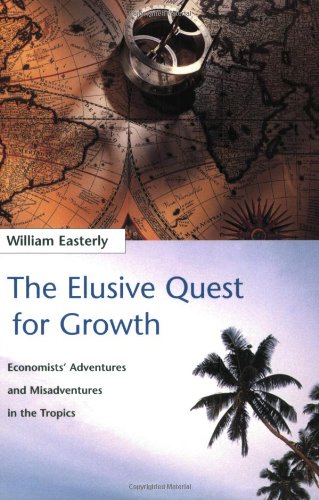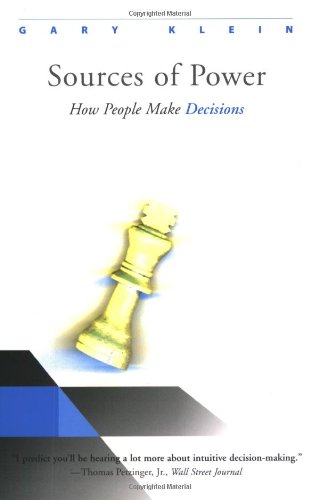Robert M. Carter – Climate: The Counter Consensus (2010)
In each and every question on which the IPCC has an opinion, the truth is the exact opposite. Most climate change is natural in origin, the earth is no longer warming, and will now start cooling, and since CO2 doesn’t have much of an effect, instead of abandoning fossil fuels, we may actually end up having to burn more of them, just to stop all that dangerous cooling. Proof of this can be found in this (possibly published, and maybe even peer-reviewed!) paper that hasn’t been accepted by the overall community of climate scientists, but is nevertheless absolutely 100% correct.
Recommended: No, except to illustrate the poor state of climate skepticism. The contrast with Michael Mann’s book is striking. Mann is open about the uncertainty of climate models. Carter is absolutely certain that everything you’ve been told is wrong, and here’s that one paper that proves it. He talks like a crank. And he tries too hard. By misrepresenting or over-simplifying in the few areas I do know a little about, he reduces my confidence in all his other bombastic claims as well. Is this the best the climate skeptics have to offer now? Also, the “prefatory essay” by Tom Stacey is one of the oddest things I’ve ever read. But there’s one thing I like about this book. It makes a testable prediction: That the current decade will see a clear trend of global cooling. It will start any day now. Any day.


